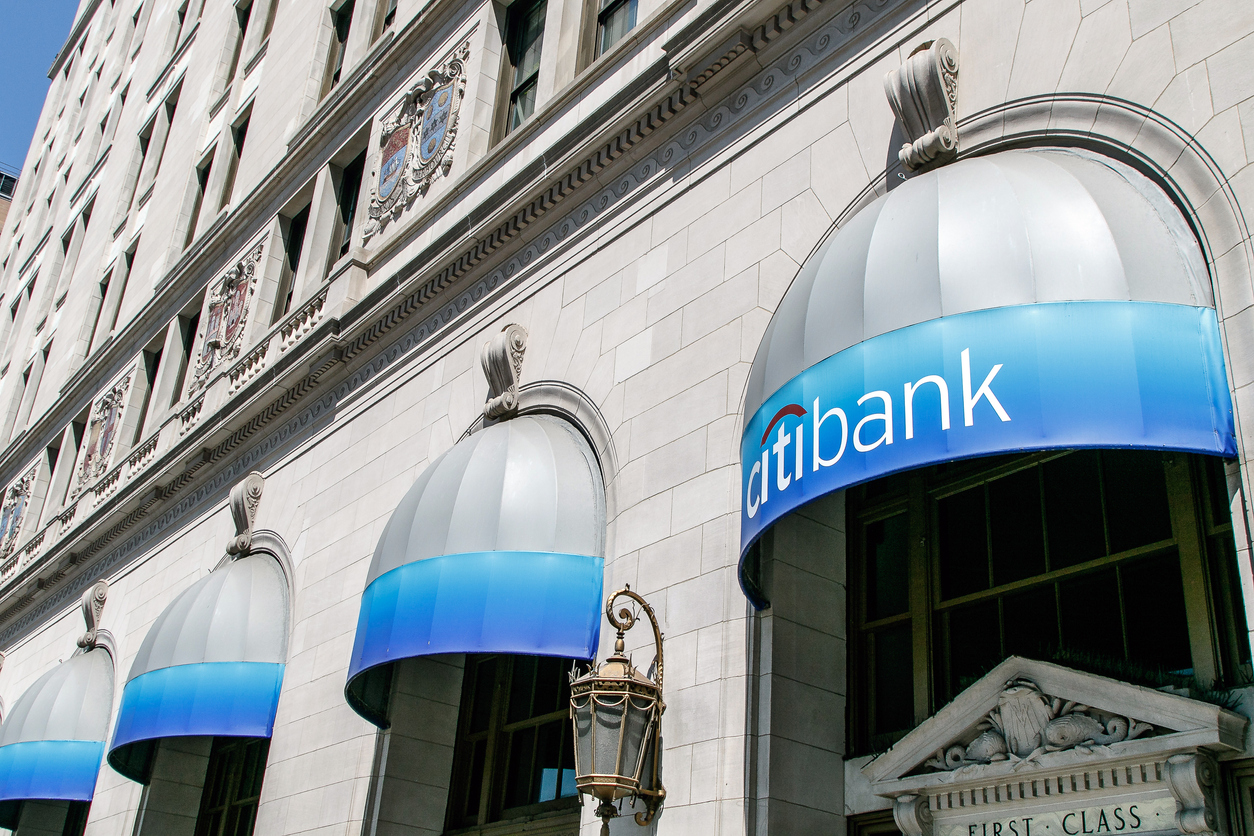
Why does my co-op or condo building have so many bank accounts?
When new board members first see the association’s monthly financial reports, they are often puzzled why the association has so many bank accounts. Since the association involves multiple owners, it is important to separate the monies to keep clear records. It is therefore quite common that associations have many different needs-based accounts.
Even a small business typically has at least one checking account, a savings account, and a business loan or line of credit as well as credit cards. Co-op and condo buildings don’t typically have credit cards, but they do have multiple checking or savings accounts. These accounts serve multiple purposes and can be divided into these categories:
- Operating account. The operating account is used for everyday operations, the money coming in and going out on a daily basis. The operating account could be one account, or it could be multiple accounts. For instance, in a co-op there could be separate accounts for the real estate tax payments and the mortgage payments.
- Reserve account. A reserve account is typically designated for a special purpose, and there could be one account or multiple. For example, some co-ops and condos have a separate reserve account specifically for assessments that are dictated by the bylaws.
- Escrow account. Escrow accounts are accounts in which funds are held until certain conditions are met. With co-op and condo associations, escrow accounts tend to be opened for individual owners for special purposes. For example, when a buyer does not meet specific rules, such as an income ratio, the board may ask for some amount to be put into an escrow account until the rule has been met.
Another reason to have multiple accounts is that bank accounts are FDIC-insured for up to $250,000 at each bank. A quarter of a million might sound like a lot, but in running a building, the account balances can run quite high. Spreading the funds around minimizes the risk should something go wrong at the bank.
Sign Up for our Boards & Buildings Newsletter (Coming Soon!)
Thank you for your interest in our newsletter. You have been successfully added to our mailing list and will receive it when it becomes available.

























